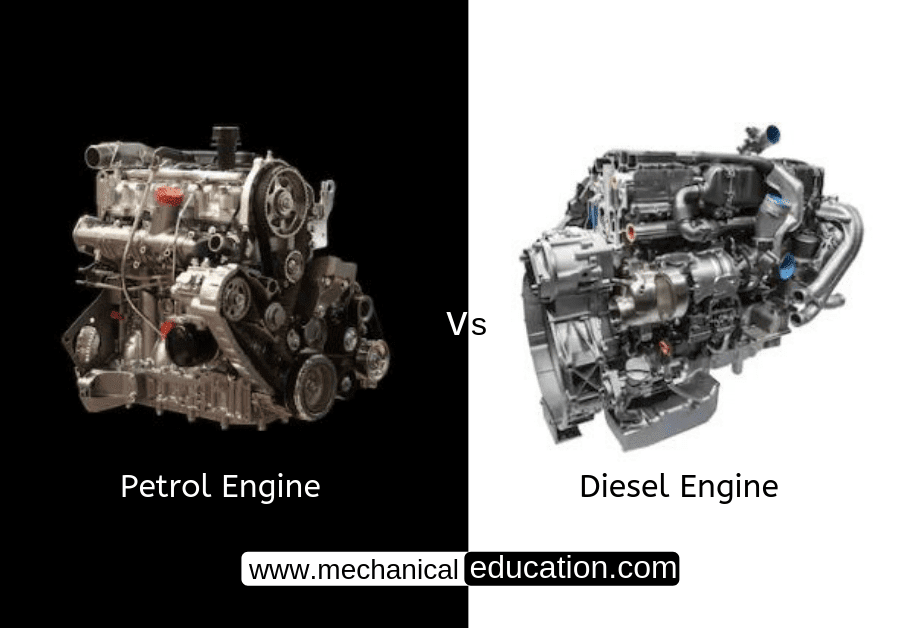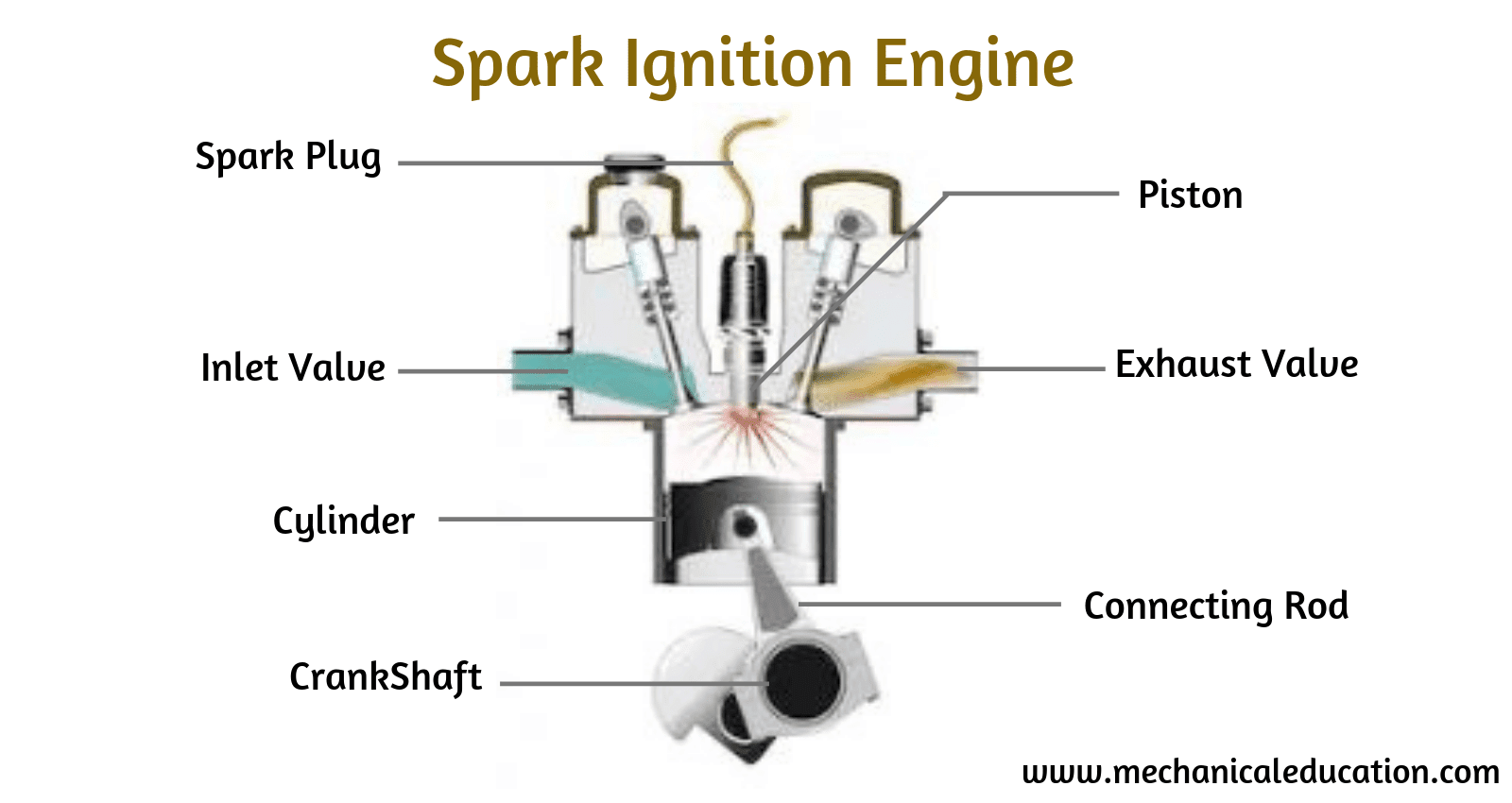Parking your car in direct sunlight for extended periods of time can cause a number of problems, both inside and outside of the vehicle. Here are some of the issues that can arise from parking your car in the sun:
- Fading of the paint: The sun’s ultraviolet (UV) rays can cause the paint on your car to fade and oxidize, especially if the car is a darker color. This can result in a dull, faded appearance that can be costly to fix.
- Cracking of the dashboard and other plastic components: The sun’s heat can cause the dashboard and other plastic components inside the car to crack and fade over time. This can make the car look older and decrease its resale value.
- Overheating of the interior: Parking your car in direct sunlight can cause the interior to heat up to extremely high temperatures, making it uncomfortable to sit in and potentially damaging to electronic components.
- Damage to the battery: The heat from the sun can cause the battery to degrade and lose its charge over time, potentially leading to a dead battery and the need for a replacement.
- Increased wear on tires: Tires can wear out more quickly when exposed to high temperatures for extended periods of time, which can lead to blowouts and other issues.
- Increased fuel consumption: If the air conditioning is used more frequently to cool down the car after being parked in the sun, this can increase fuel consumption and lead to higher costs at the gas pump.
To prevent these issues, it’s important to park your car in a shaded area whenever possible, or use a car cover or windshield sunshade to block the sun’s rays. Regularly washing and waxing your car can also help protect the paint from fading and oxidizing. By taking these steps, you can help extend the lifespan of your car and maintain its value.
Frequently Asked Questions
1. Does parking a car in direct sunlight damage the exterior paint?
Prolonged exposure to direct sunlight can lead to damage to the car’s exterior paint. The ultraviolet (UV) rays in sunlight can cause the paint to fade over time, making it appear dull and less vibrant.
2. Can interior components be affected by parking a car in the sunlight?
Yes, parking a car in direct sunlight can cause the interior components, such as dashboard, seats, and steering wheel, to heat up. This heat can lead to discomfort and may contribute to the deterioration of materials over time.
3. How does sunlight exposure impact the car’s tires?
Prolonged exposure to sunlight can lead to tire damage, including sidewall cracking and accelerated tire aging. It’s advisable to park in shaded areas or use tire covers to protect against UV rays.
4. Does parking in the sunlight affect the car’s battery life?
Extreme heat from direct sunlight can affect the car’s battery life by causing fluid evaporation and accelerating chemical reactions. While occasional exposure is generally not a concern, regular protection from intense heat is recommended.
5. Can the car’s engine be affected by parking in the sunlight?
While parking in sunlight doesn’t directly impact the engine, excessive heat can affect engine fluids and components. It’s crucial to monitor fluid levels and follow the manufacturer’s recommendations for regular maintenance.
6. Does parking in direct sunlight affect the car’s fuel efficiency?
While direct sunlight itself doesn’t directly affect fuel efficiency, the heat buildup in the cabin may lead to increased use of the air conditioning system, which can, in turn, impact fuel efficiency.
7. How can I protect my car’s exterior when parking in sunlight?
To protect the exterior, consider using a car cover, parking in shaded areas when possible, and applying wax or sealant to the paint. These measures help shield the car from UV rays and prevent paint damage.
8. Are there benefits to using windshield sunshades?
Yes, windshield sunshades can significantly reduce the interior temperature of a parked car by blocking sunlight. They help protect the dashboard, steering wheel, and other interior components from heat-related damage.
9. Can prolonged sunlight exposure lead to dashboard and interior fading?
Yes, extended exposure to direct sunlight can contribute to dashboard and interior fading. Using sunshades and applying UV protectant to the interior surfaces can help mitigate this effect.
10. How can I keep the car’s interior cool when parking in sunlight?
To keep the interior cool, use windshield sunshades, tinted windows, and consider parking in shaded areas. Additionally, leaving windows slightly cracked can help dissipate heat from the car’s interior.




